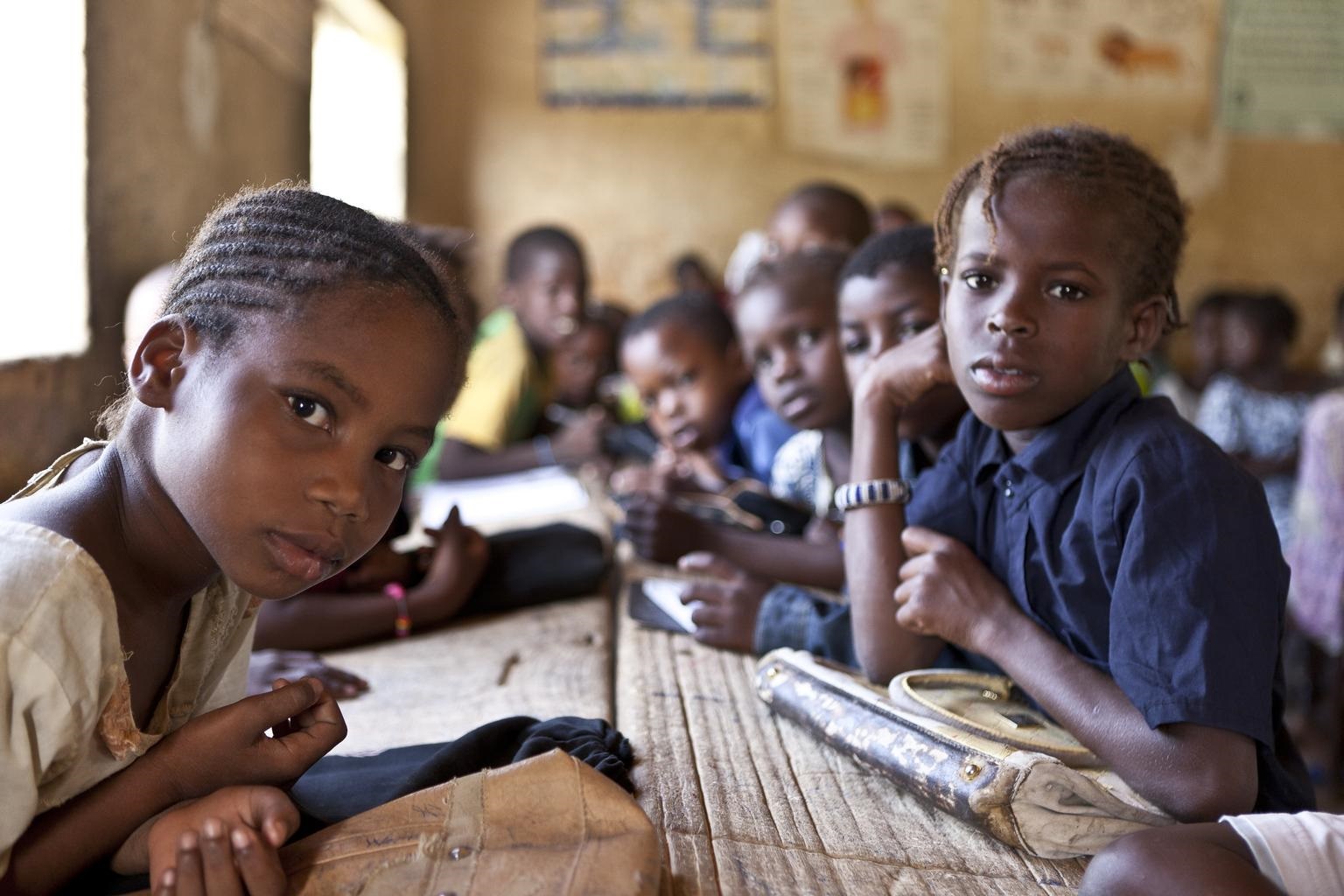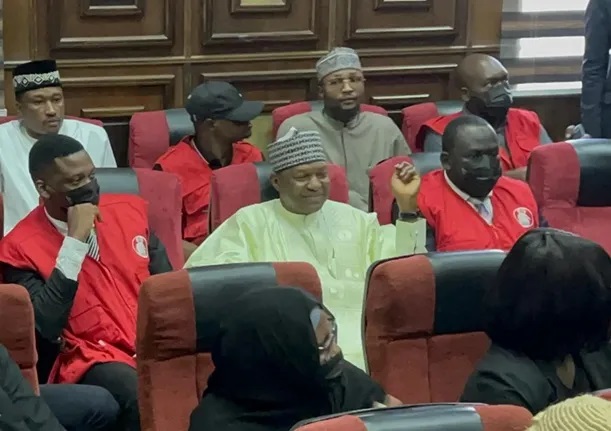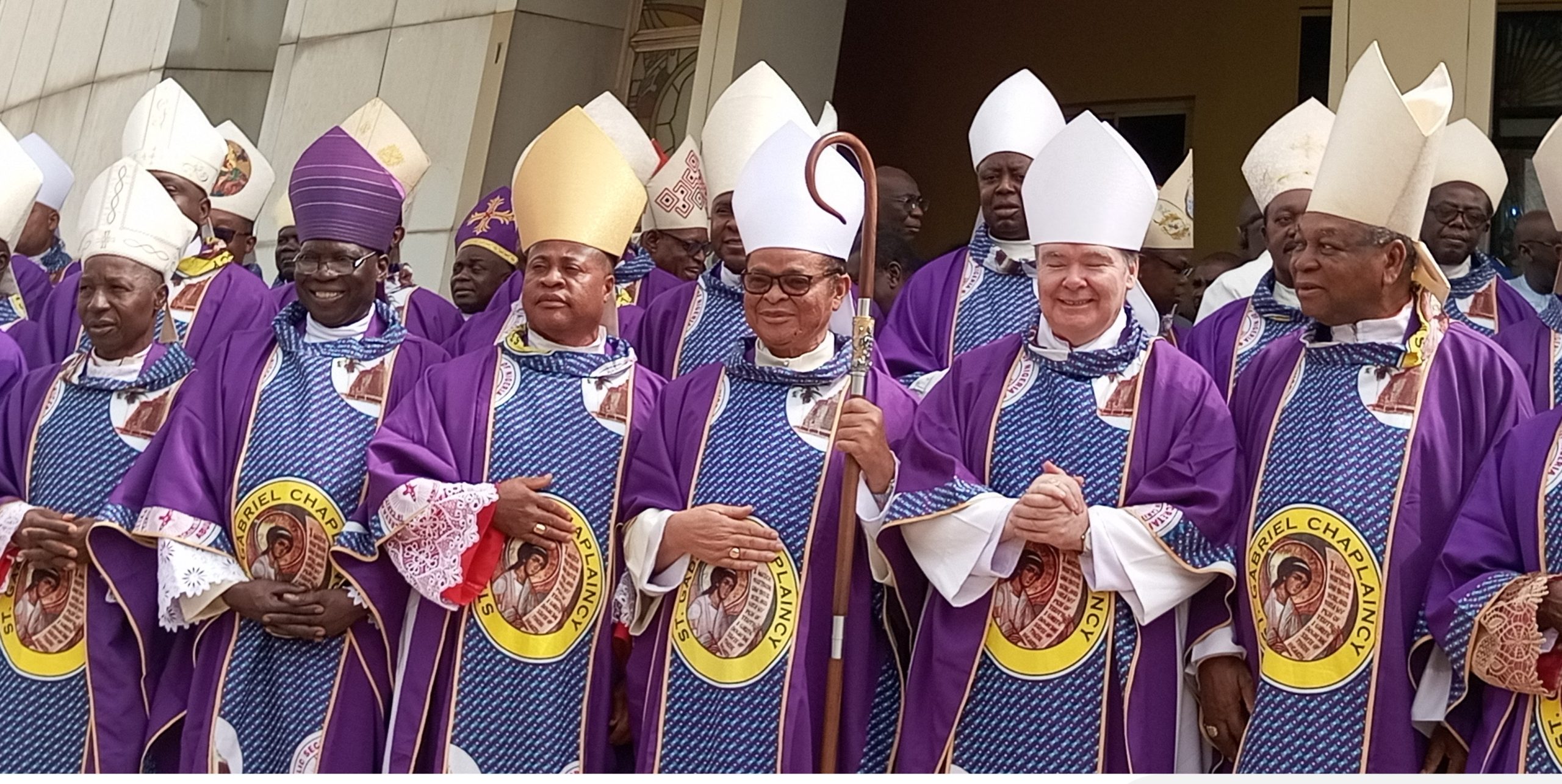Stakeholders in the South-South region have stated that the Child Rights Law is yet to yield significant results, urging relevant authorities to collaborate more effectively to safeguard the future generations.
The stakeholders in Cross River, Akwa Ibom and Rivers states, reacted to the News Agency of Nigeria (NAN) survey on the extent of the implementation of Child Rights Act and Labour laws.
In Cross River, Mr James Ibor, Principal Council of Basic Right Council Initiative (BRCI) described the implementation of the Child Rights Law in Cross River as poor and slow.
He explained that the state domesticated the Act in 2009, and amended it in 2023 into the Cross River Child Rights Law 2023, which explicitly criminalised branding children as witches and stipulated corporal punishment administration to the offender.
He observed that despite the legislative advancements, effective implementation had remained a challenge, following socio-cultural practices such as male child preference, child marriage, Female Genital Mutilation (FGM) among others.
However, Ibor said that with the awareness created about the law provisions, crime reporting had increased, steps taken by the police had also improved but caused a lot of congestions in the courts especially in Calabar.
He called for more family courts which handles such cases to expedite hearing as the existing ones were too few in the state
“We currently have only two family courts in Calabar which only sits once a week without the necessary facilities that a family court should have.
“This is why cases in the family courts last up to three to five years, this actually defeats the purpose of the Child Rights Law.
“We have trained judges to handle the cases but there is need for improved funding for the Ministry of Social Welfare and the Ministry of Women Affairs so that the implementation of this law will be effective,” Ibor said.
On his part, Mr Kebe Ikpi, Coordinator of the Child Protection Network Nigeria in Cross River said the law was in the right course even if its implementation was slow.
He said the amended Child Rights Law of 2023 was made available in hard copy to stakeholders through the 18 Local Government Areas of the state.
Ikpi added that the State Child Rights Act Implementation Committee was inaugurated in Dec. 2024 in fulfillment of the provisions of section 260 of the Cross River Child Rights Law.
“As an organisation in partnership with the state government, we have trained District Police Officers (DPOs), traditional rulers, lawyers, social workers and other stakeholders on the content of the law.
“However, in terms of other provisions of the law, we have not improved; for instance, till today, we still have cases where children survivors of violence or private individuals have to pay out of pocket to receive care in medical facilities.’’
Ikpi said the budgetary provision for children protection and its performance was poor, stating that a lot would be needed for the implementation of the Child Rights Law to be effective in the state.
He, however, called for more family courts, whose judges would be different from the regular court, to hear cases of violence against children, saying that the existing ones were not properly constituted.
Ikpi explained that they were not child friendly as they did not have lots of colours and toys to make a child comfortable to speak out, adding that the courts were still using the regular court facility.
On the issue of street children, Mrs Edema Irom, Commissioner for Women Affairs in Cross River, emphasized that street children were often victims of circumstances.
Irom also noted that through the initiatives of the Governor’s wife, Mrs Eyoanwan Otu, an enabling platform was created to highlight issues concerning children in vulnerable situations.
She added that the ministry always interfaced with parents and guardians to ensure they embraced their responsibilities and urged them to reject any narrative that tended towards rejecting and neglecting their children.
In Akwa Ibom, Mr Eyibio Okon, a legal practitioner in Uyo attributed the violation of Child Rights Act to the amount of divorce instituted by parents.
He said that some parents, either they lived apart or were separated which could result in the children neglect by either of them, maintaining that the children would always be at the receiving end.
He called for the monitoring of the state Child Rights Law implementation, adding that with the law, a lot had been done to protect the children, although there was no much publicity to showcase them.
The lawyer said that Family Courts, Magistrate Court, Ministry of Women Affairs, the International Federation of Women Lawyers (FIDA), and a department in the police, family units were involved in the implementation of the law.
According to Okon, they are also agencies that supported the issues relating to children and young persons in the state.
“The problem, which I observe, is that there is no much publicity about it, these courts sit on issues and affairs relating to children and how to take care of them.
“Many people don’t know that children can report their parents to the family court when they were not providing them with necessary things as enshrine in the law; I think that is the problem,” he said.
Okon further said that the children who committed crimes were not taken to the police or prison but to a state rehabilitation centre where they would be rehabilitated and returned back to their families.
He outlined factors that contributed to street children to include hard economy, parents ejecting their children based on witchcrafts accusations, children being exposed early to street begging, and hawking just to make money.
Also speaking, Dr. Sam Itauma, Chief Executive Officer, Child Rights and Rehabilitation Network (CRARN) in Eket alleged that the Act implementation was being marred by the police, lack of seriousness and court procedures.
He said that families and friends’ sympathies which aimed at perverting justice also marred the implementation of the Act, disclosing that some prosecutions already recorded were from the non-governmental organisations efforts, especially CRARN.
In Rivers, Mrs Nwamaka Ikediashi, the NAPTIP Commander in the state said that in spite of the Child Rights Law, the Trafficking in Persons Prohibition Enforcement and Administration Act 2015, contained the provisions for child abuse, child labor, and sexual exploitation.
According to her, this law, enacted by the National Assembly, is applicable to all 36 states in Nigeria.
Ikediashi said that there had been prosecutions of individuals who violated children’s rights and the Federal High Court had delivered judgments on several cases.
“The government’s emphasis on existing laws underscores its dedication to safeguarding children from abuse and exploitation,’’ she said. (NAN)





